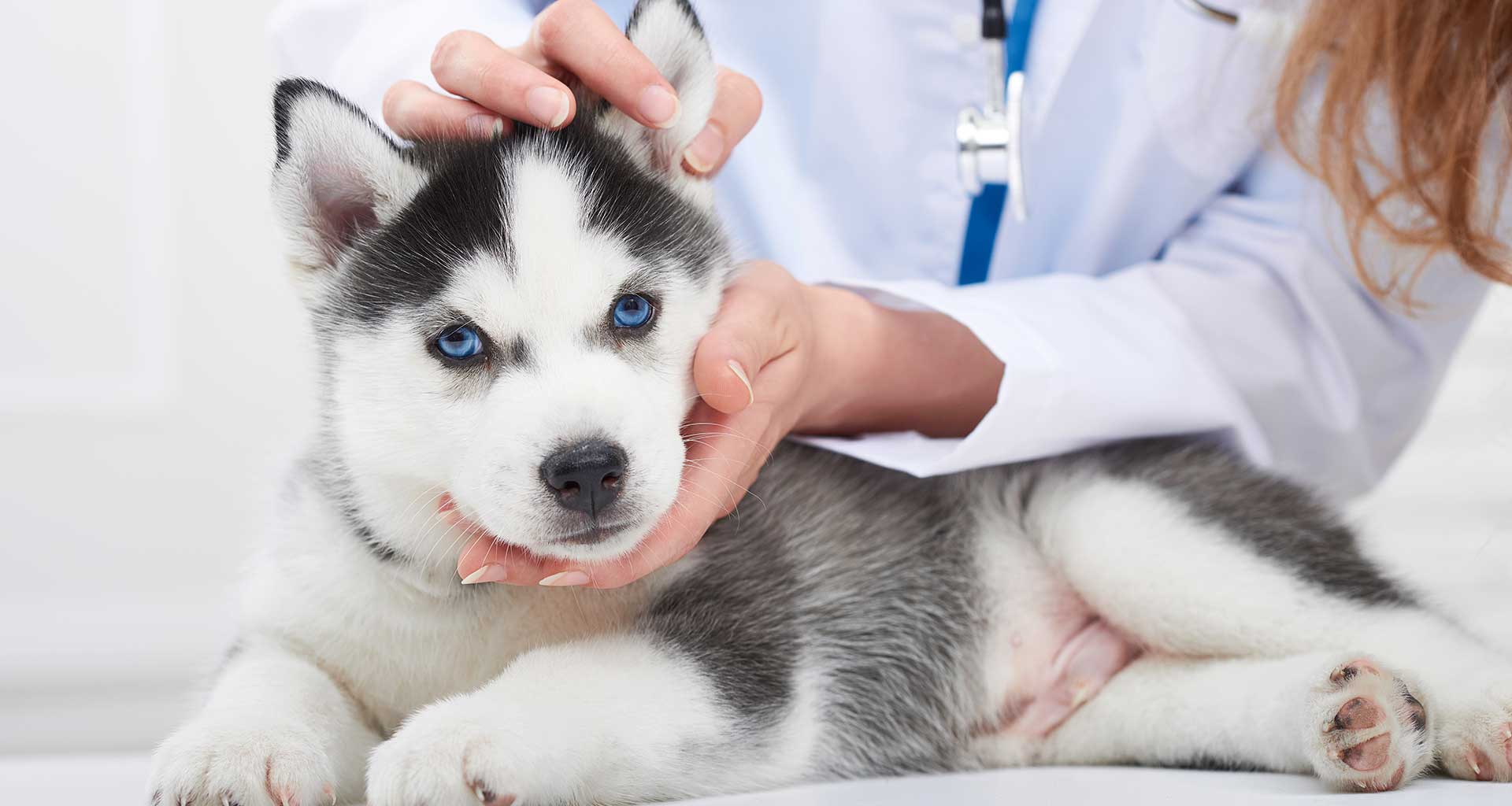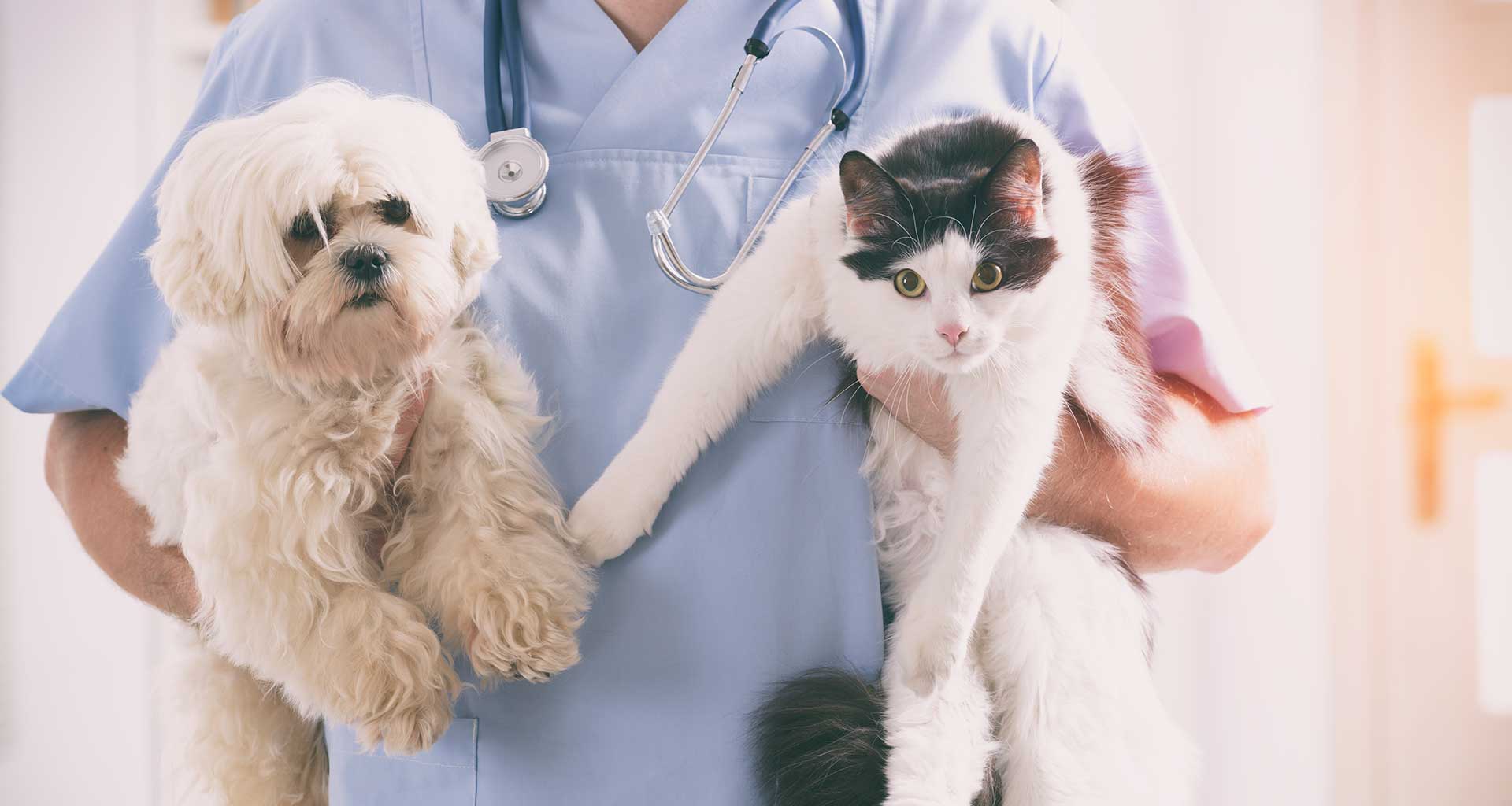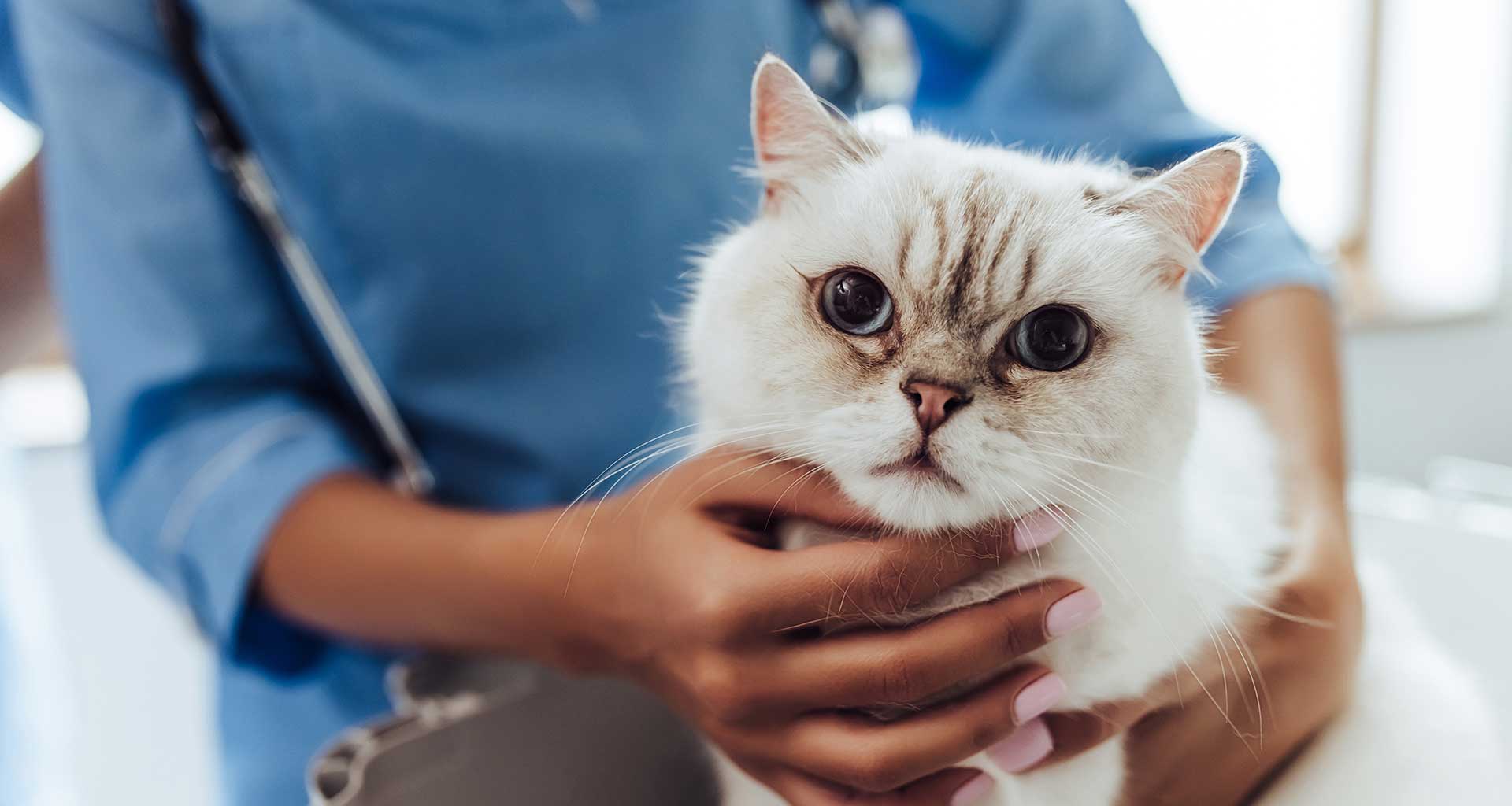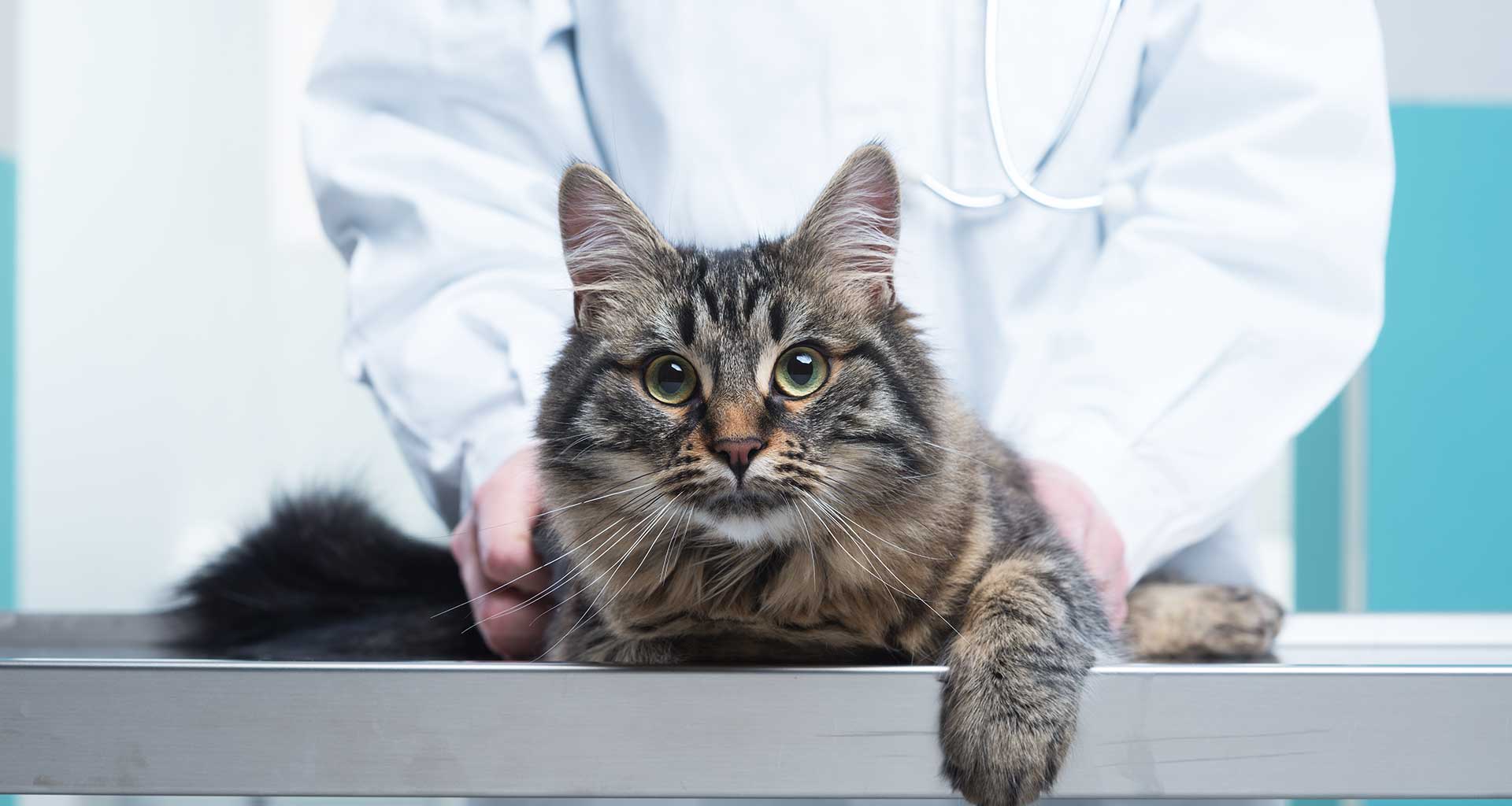What is Pet Soft Tissue Surgery?
There are many different types of procedures that fall under the umbrella term “soft tissue surgery.” Soft tissue surgery is an important part of veterinary medicine, and understanding it can help pet owners make better decisions for their beloved animal companions.
Pet soft tissue surgery is a specialized type of veterinary care that can encompass a wide variety of procedures. It covers everything from reconstructive surgery to orthopedic surgeries and even routine spay or neuter operations. Whether your pet needs an emergency procedure or a more complex operation, you can feel secure knowing that the veterinarians performing these treatments are highly trained and experienced in providing the best possible outcome for your beloved animal companion.
Soft tissue surgery typically involves using specialized tools to repair or replace damaged tissues such as skin, muscles, tendons, ligaments, fascia and fat. Depending on the type of surgery your pet requires, different types of anesthesia may be used including general anesthesia for major procedures or local anesthesia for smaller ones. The goal is always to make sure your pet is comfortable during the entire process while still providing effective results without putting their health at risk.

Benefits of Soft Tissue Surgery
Soft tissue surgery can offer multiple benefits for pets. It helps to prevent and treat diseases, injuries and other medical conditions. Soft tissue surgery is an important part of veterinary medicine and can improve the quality of life of our beloved animals.
One benefit of soft tissue surgery is treating pathologies such as masses or tumors in areas like the mouth, skin or organs. By surgically removing these types of issues, further complications down the line may be avoided. In addition, if chronic issues such as ulcers are present on soft tissues like those found in the mouth or stomach, surgical intervention may be necessary to relieve pain and discomfort associated with these conditions. Soft tissue surgery also has numerous cosmetic benefits.
Whether they are dealing with an injury or illness, there are times when soft tissue surgery can be the most effective treatment option. These types of surgeries allow precise incisions that minimize the overall trauma to the patient and recovery time. In addition, during these measures are taken to reduce any chances of infection while providing optimal results for patients. Soft tissue surgery also allows the opportunity to repair hernias that may occur in cats or dogs due to congenital weak spots or because of trauma or swelling from tumors or abscesses.
Types of Soft Tissue Surgery
Soft tissue surgery is an important part of veterinary medicine and can be used to treat a variety of conditions. It is important for pet owners to understand the different types of soft tissue surgery available so they can make informed decisions about their pet’s care.
Soft tissue surgery resolves issues with organs or other structures that are not supported by bone. Common procedures include spay and neuter surgeries, cystotomies, foreign body removals, tumor removals, wound repairs and reconstructive surgeries. Each type of procedure has its own unique set of considerations including recovery time, cost and potential risks involved.
It’s essential for pet owners to discuss all these aspects with their vet before proceeding with any type of soft tissue surgery. Depending on the medical issue at hand, there are a variety of surgeries that may be necessary or beneficial to an animal’s health.
The most common type of soft tissue surgery is lump and mass removal. This procedure removes tumors or cysts from the body before they have a chance to spread or cause further issues. If a tumor is malignant, then it may need chemotherapy in addition to surgical removal. Another common type of soft tissue surgery is wound care, which includes cleaning wounds and suturing them closed for quicker healing times.
While operations involving bones and joints are considered more invasive, there are many different types of soft tissue surgeries that can help your pet live a healthier life. A few of these types of soft tissue surgery include wound repair and treatment, lump removals, spay and neuter procedures, bladder stone removal, gastrointestinal issues such as foreign body removal or intestinal blockage/obstruction treatment. A few other examples include cancer treatments such as amputations or tumor removals; ear canal resectioning to treat chronic infections caused by allergies; eye surgeries like cataract removals; and even reconstructive surgeries like skin grafts to repair damage from burns or trauma.
Risks & Complications
While these surgeries are typically safe and effective, there is always an element of risk involved. When it comes to pet soft tissue surgery, the most common risks include infection, adverse reactions to anesthesia and blood loss during the procedure. In rare cases, the surgical site may become inflamed or open up due to poor wound healing which can lead to worse complications down the line. Additionally, there is always a chance of organ damage if the surgeon isn’t extremely careful when operating on delicate tissues.
How to Prepare Your Pet
While it’s important to talk to your vet about the specifics of preparing for any kind of procedure, there are some general steps you can take to ensure your pet is as comfortable and stress-free as possible.
Where possible get your pet accustomed to the hospital environment before their procedure. If they’ve been in before, they’ll be more familiar with the sights, smells and sounds when they come back which can help reduce anxiety levels during their visit. Additionally, depending on where you live and what type of surgery your pet is having, you may need to fast them 8-12 hours prior. This helps prevent excessive vomiting during the procedure or nausea after it’s completed.

Aftercare
Aftercare is one of the most important aspects of any surgery, but with soft tissue surgeries it’s especially crucial for your pet’s recovery.
When you bring your pet home after a soft tissue procedure, there are several things to keep in mind to make sure they heal quickly and safely. Start by keeping them confined, this means restricting their activity and making sure that they don’t jump, walk up or down stairs, or play vigorously. Monitor the incision site daily for signs of infection like redness or swelling, as well as any discharge from the wound. If you notice anything unusual contact your vet right away!
Additionally, pay careful attention to your pet’s diet post-surgery, generally speaking they will require more protein than usual during recovery. It’s important to me that my furry friends recover as quickly and safely as possible, so providing top-notch aftercare is essential.
The postoperative care for soft tissue surgeries are similar for all animals: rest, reduced activity levels, monitoring of vital signs such as temperature, pulse rate and respiration, but may vary depending on the specific procedure performed. Pain management is also an important part of aftercare. Appropriate pain medications should be prescribed and administered at home according to your vet’s instructions.
Pet soft tissue surgery can be a life-saving procedure for our furry friends. It is important to research and consult with your veterinarian prior to the surgery so that you can make an informed decision based on your pet’s individual needs. With the right care and attention, pets can enjoy a better quality of life as a result of this intervention.





